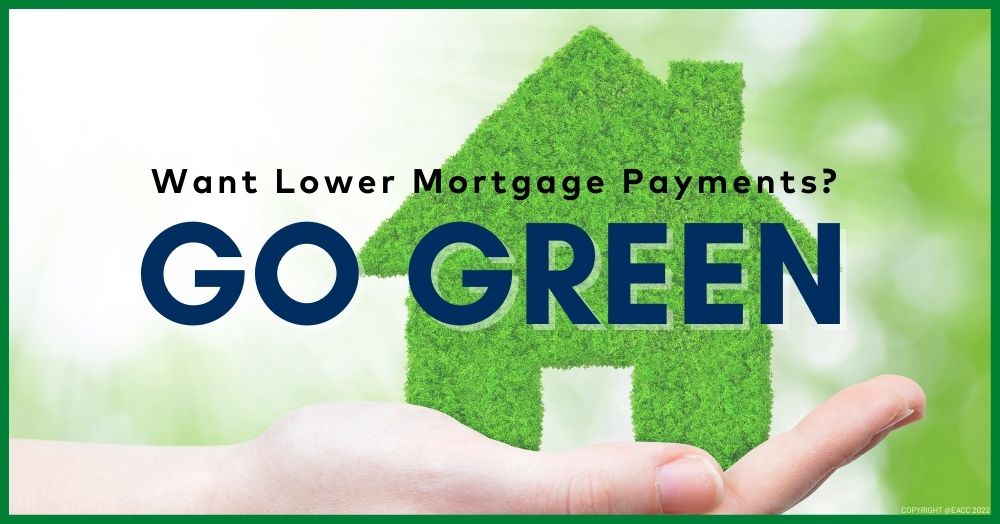
If you’re taking out a new mortgage or about to refinance your property, have you considered a green mortgage? No? Never heard of it? Well, that’s what we’re here for.
A green mortgage is not actually new. In fact, the concept was first launched about 30 years ago but wasn’t used much. However, in the last few years, green mortgages have been gaining momentum, and are being offered by more and more high-street lenders.
What is it?
It’s basically a mortgage that rewards energy efficiency. Borrowers buying energy-savvy new-build properties or undertaking green improvements are offered better rates by their lenders.
A green mortgage works in the same way as a standard mortgage, but it’s cheaper. Borrowers are incentivised for being more energy efficient and are encouraged to reduce their overall energy usage.
Am I eligible?
Most lenders require a property to have an Energy Performance Certificate (EPC) rating of A or B to be eligible for a green mortgage. And that’s not easy to achieve.
The current EPC rating scale goes from A (the most energy efficient) to G (the least). In 2019, it was estimated the average UK property EPC was just a D.
If you’re buying a new-build property, it might be worth exploring a green mortgage with your lender. Newer homes are typically more energy efficient than older properties which often need a lot of work to meet the higher rating requirements.
Why are green mortgages becoming more popular?
It’s all to do with the government’s aim to reach net zero emissions by 2050.
Currently, it’s estimated that 15% of the UK’s climate emissions are produced by residential properties. So, the government has said lenders must have an average EPC rating of C across their mortgage portfolios by 2030.
In simple terms, the government hopes that the target they’re imposing on lenders will trickle down to consumers who will make green improvements in return for lower mortgage rates.
How can I improve my EPC?
Unfortunately, if you own an older property, achieving a higher EPC rating could cost quite a bit. Some big green improvements include draught-proof doors and windows, roof and loft insulation, cavity wall insulation, insulated solid walls, a new boiler, and a low-carbon heating system.
You can check your property’s EPC rating here.
Thanks for reading, from all at Martin & Co.



